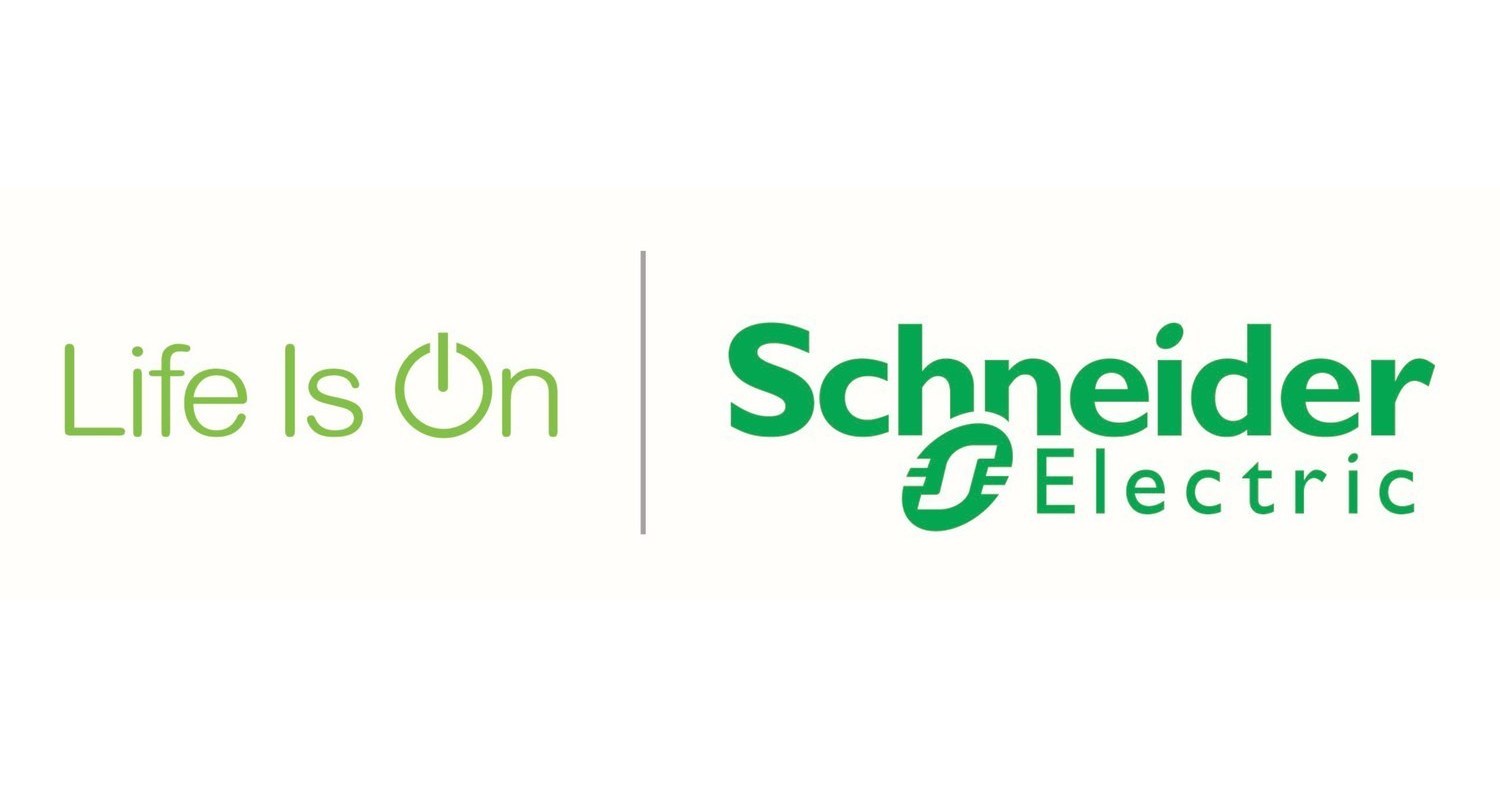Sign up today to get the best of our expert insight in your inbox.
Can Maersk lead the charge to net zero by using methanol as a fuel? | Podcast
The future of the shipping industry is in their hands
1 minute read
With 90% of the world's trade being transported by sea, the cost to the environment is significant.
Following our focus on commercial sea travel in the last episode of The Interchange Recharged podcast, we now step onto the decks of Maersk, who are looking to alternative ways to power their engines.
Hydrogen has been seen as the go-to sustainable aviation fuel, but can it power the mammoth ships that transport our freight across the globe? Maersk, one of the largest global shipping companies, doesn’t seem to think so. They want to look elsewhere.
Jacob Sterling, head of ocean decarbonization and innovation at Maersk, joins host David Banmiller to discuss how the company is sailing towards climate neutrality by 2040 with a new fleet of vessels that run on green methanol, a low-carbon fuel.
Maersk is also focused on helping other companies lower their ocean shipping’s carbon footprint with an ECO Delivery service that uses second generation green biofuels, which reduce CO2 emissions by more than 80%.
What led Maersk to choose methanol fuel? How far along are they on the deployment of methanol-powered ships? How much are companies willing to pay to support the global effort for the energy transition? And how realistic are their goals? Tune in as Jacob takes us through the future of shipping fuel.
Remember to subscribe so you don’t miss a single show, and do let us know your thoughts and comments.
View the landing page to hear all episodes of The Interchange Recharged.

The Interchange podcast is brought to you by Schneider Electric.
Are you looking for more energy control but worry about the upfront costs of a microgrid and renewables? Schneider Electric have you covered. Schneider Electric offers Energy as a Service for customers like you who spend $40,000 or more each month on energy. With Energy as a Service, you get customized solutions to help you meet goals for sustainability, efficiency, and cost control —including a microgrid and adjacent energy infrastructure. They also handle every step of the process and assume financial and operational risks.
Upgraded electrical equipment. Reduced emissions. Predictable long-term pricing. Energy as a Service provides all this, and more.
Visit se.com/us/eaas to find out if Energy as a Service is right for you.





